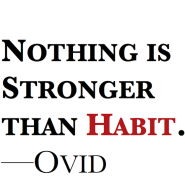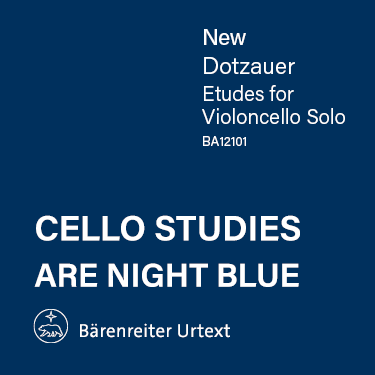Tag: Awareness
By Jean Hatmaker December 5, 2018
Subjects Playing Healthy
Tags Awareness, body awareness, center, choreography, dance, épaulement, gesture, poise, posture
By Robert Battey December 15, 2013
Subjects Practicing
Tags accents, alignment, Awareness, Bach, Bach Cello Suites, bar lines, Battey, Beethoven’s “Archduke” Trio, Brahms Double Concerto, Capucon, cello, cellobello, communication, complexity, conservatory, counting, dissonance, Feuermann, focused listening, great artists, great composers, intelligent artist, interpreter, interpretive decisions, intonation, melody, metrical organization, musical critic, musical phrasing, performer, phrase lengths, phrasing, powerful, recordings, resolution, robert, Rostropovich, score-study, slurs, studying, stunning effect, stylistic conventions, text, vibrato, Washington Post, Yo-Yo Ma, youtube
By Selma Gokcen November 26, 2013
Subjects Playing Healthy
Tags accuracy, act, Alexander Technique, attention, Awareness, back, blog, cello, cello playing, cellobello, detect your intention, discovery, distress, effect, effect on cello playing, effortless quality, experiment, familiar, fingers, Gokcen, Habits, head to toe, holding, motion, neck, neuromuscular system, our surroundings, overdoing, pack up our habits, position of rest, Preparation, response, response to life, Selma, sitting, solution, standing, successful functioning in daily activities, support, tension, the preparation phase of movement, well-practiced
By Gregory Beaver May 27, 2013
Subjects Playing Healthy, Practicing
Tags advanced breath control, aerobic exercise, Awareness, balance, Beaver, body, breath control, breathing, breathing with scales, CD player, cellists, cello, cellobello, chest, control, controlled frenzy, Coordination, diaphragm, emit sound, Gregory, heart rate, Improve your talent, improvement, light-headed, muscles, musicians, oxygen, practicing, relaxation, simple formula, skill, smoothness, stomach, strengthen the diaphragm, T’ai Chi, talent, Technique, trouble passages, unbalancing the body, weakness, yoga
By Selma Gokcen March 4, 2013
Subjects Playing Healthy
By Aliza Stewart May 31, 2012
Subjects Playing Healthy
By Selma Gokcen May 7, 2012
Subjects Playing Healthy
By Brant Taylor February 20, 2012
Subjects Artistic Vision
Tags Awareness, Bernard, Brant, cello, cello technique, cellobello, David, Development, Experience, Greenhouse, Gregor, inspiration, Janos, Katz, music, Paul, performance, perspective, Piatigorsky, Popper, Quartet, Starker, Taylor, Teaching
By Selma Gokcen February 12, 2012
Subjects Playing Healthy
Tags Alexander Technique, Awareness, body, cello, cellobello, Gokcen, healthy playing, lessons, Mind, movement, nature, Preparation, progress, repetition, Selma, sensations, Sensory, tension
By Selma Gokcen January 17, 2012
Subjects Playing Healthy
By Selma Gokcen October 22, 2011
Subjects Playing Healthy
By Brant Taylor July 19, 2011
Subjects Practicing
Tags aspirations, Awareness, bow speed, Brant, cello, cellobello, character, concentration, concepts, contact point, creativity, details, effortless, exploration, finesse, fundamentals, harmony, ideas, Janos, legato, lessons, Listening, musical, Philosophy, release, skills, small details, solutions, Starker, Taylor, tension, vibrato, weight
By Selma Gokcen July 9, 2011
Subjects Playing Healthy
By Selma Gokcen April 25, 2011
By Brandon Vamos March 14, 2011
Subjects Practicing















